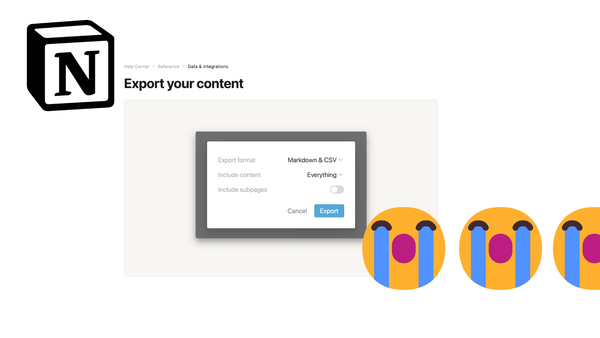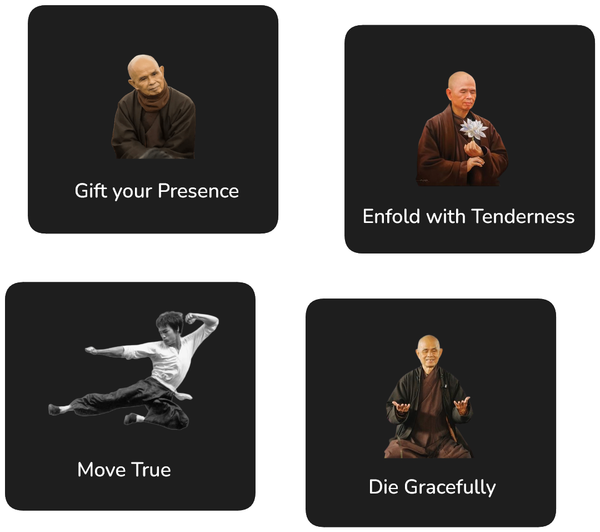Some Ideas for Habit Design
To change one's behaviour is not always easy - what can help is to start with some well-designed habits.

In our modern world, we are all urged to work on being better versions of ourselves; maybe it is exercising more, eating more healthy food, or learning new skills. The ultimate weapon suggested achieving this are often habits; the idea that if we make a behaviour an automatic habit—we simply do without thinking about it—we do not need to exert our limited willpower to make us do what we naturally would refrain from doing. Perhaps you don't quite enjoy waking up at 5 am to go for a run - but if you manage to make this a habit, it will be easy for you to do. That, at least, is the theory. I have my reservations about this, as I discussed in my article Some Thoughts on Habits.
My reservations notwithstanding, I still started reading the book Tiny Habits by BJ Fogg recently to see what approach was proposed there and if it could change my mind with respect to the benefit of habit formations. I am glad that I did, since I think that Tiny Habits has a lot of interesting and useful ideas. Among those are that we should treat our behaviour with the perspective of a scientist: first, we observe what we do and not do; then, we identify how we want to change our behaviour in accordance with our goals; and finally, we change our behaviour and start the process of observation again.
For instance, if I want to exercise more, I should think about the behaviours that would lead me to exercise more and see how I can weave those into the things I am already doing or know that I love to do. Further, I should also identify what may prevent me from engaging in the behaviours I want to engage in, and see how I can remove these obstacles from my life.
Here are a few interesting ideas from Tiny Habits that can help with this approach to developing habits:
- Do not beat yourself up about not being able to change your behaviour. It is very difficult, therefore we all struggle with getting rid of our bad habits and form new good ones.
- First, identify your aspirations ('I want to be rich') and the outcomes you want to achieve ('I want to have $200 in my savings account'). From there, come up with a number of habits that can help you work towards your aspirations and achieve the outcomes you desire. Rank these habits by assessing your ability and motivation to do them.
- Target habits that are easy to do. When a behaviour is too time-intensive and difficult to do, try to break it down into a smaller behaviour. For instance, instead of 'I want to read one book per month' aim for 'reading one page per day'.
- Look for prompts in your everyday life you can use to help you remember your habit. Try to make these as specific as possible, e.g. not 'before I go to bed' but 'when I touch the blanket'.





